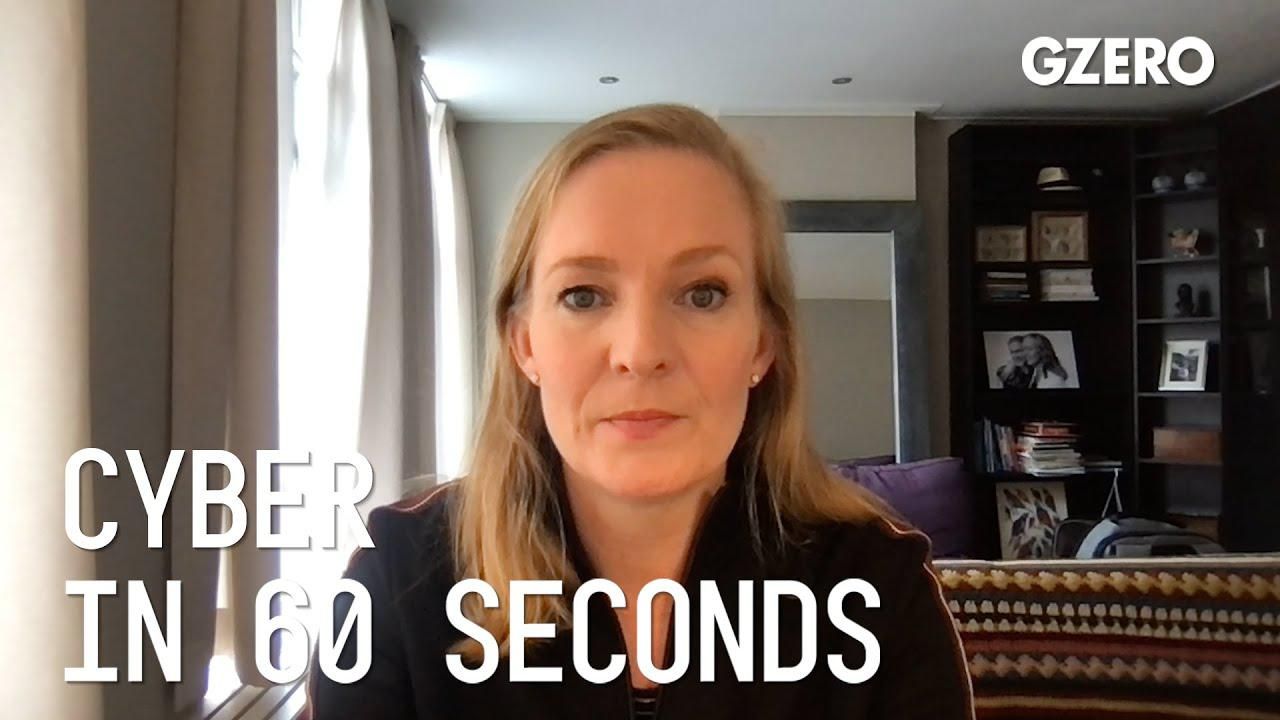Cyber in 60 Seconds
Cuba internet censorship amid protests; pressure grows against Huawei

Cuba Internet Censorship Amid Protests | Pressure Grows Against Huawei | Cyber In :60 | GZERO Media

Marietje Schaake, International Policy Director at Stanford's Cyber Policy Center, Eurasia Group senior advisor and former MEP, discusses trends in big tech, privacy protection and cyberspace:
Cuba has curbed access to messaging apps amid protests. How controlled and censored is Cuba's internet?
Well, any debate and criticism is tightly controlled in Cuba, including through information, monitoring and monopoly. But activists such as blogger Yoani Sánchez have always been brave in defying repression and making sure that messages of Cubans reached others online across the world. Now mobile internet has become accessible to Cubans since about two years, but accessing it remains incredibly expensive. But the fact that the regime in Cuba once again seeks to censor people through shutting down internet services actually shows it is its Achilles' heel. As Yoani has said, the Castros have lost the internet.
On a different note, the FCC is finalizing a program to replace Huawei equipment in the United States. Will Europe soon make a similar move?
Well, I wouldn't wait for it, although pressure is growing against Huawei in Europe too. Sweden has taken a tough line along with Eastern European countries, while a country like Spain has sought a much more gradual approach. And one of the main challenges for Europeans is to ensure a united position at the intersection of its single market and 27 nationally decided national security thresholds. It is a question also impacting universities as they continue to accept research grants from companies like Huawei.
Conservative businessman Nasry Asfura has taken office as president of Honduras after winning a razor-thin election that his opponent still disputes.
For China, hitting its annual growth target is as much a political victory as an economic one. It is proof that Beijing can weather slowing global demand, a slumping housing sector, and mounting pressure from Washington.
FILE PHOTO: European Commissioner for Trade Maros Sefcovic and India's Trade Minister Piyush Goyal pose after signing an agreement, as European Commission President Ursula von der Leyen, Indian Prime Minister Narendra Modi and European Council President Antonio Costa stand behind them, at the Hyderabad House in New Delhi, India, January 27, 2026.
After nearly 20 years of negotiations, the European Union and India struck a trade deal that will slash or remove tariffs from nearly 97% of all EU exports to India, and grant preferential entry to the European market for 99% of Indian products.